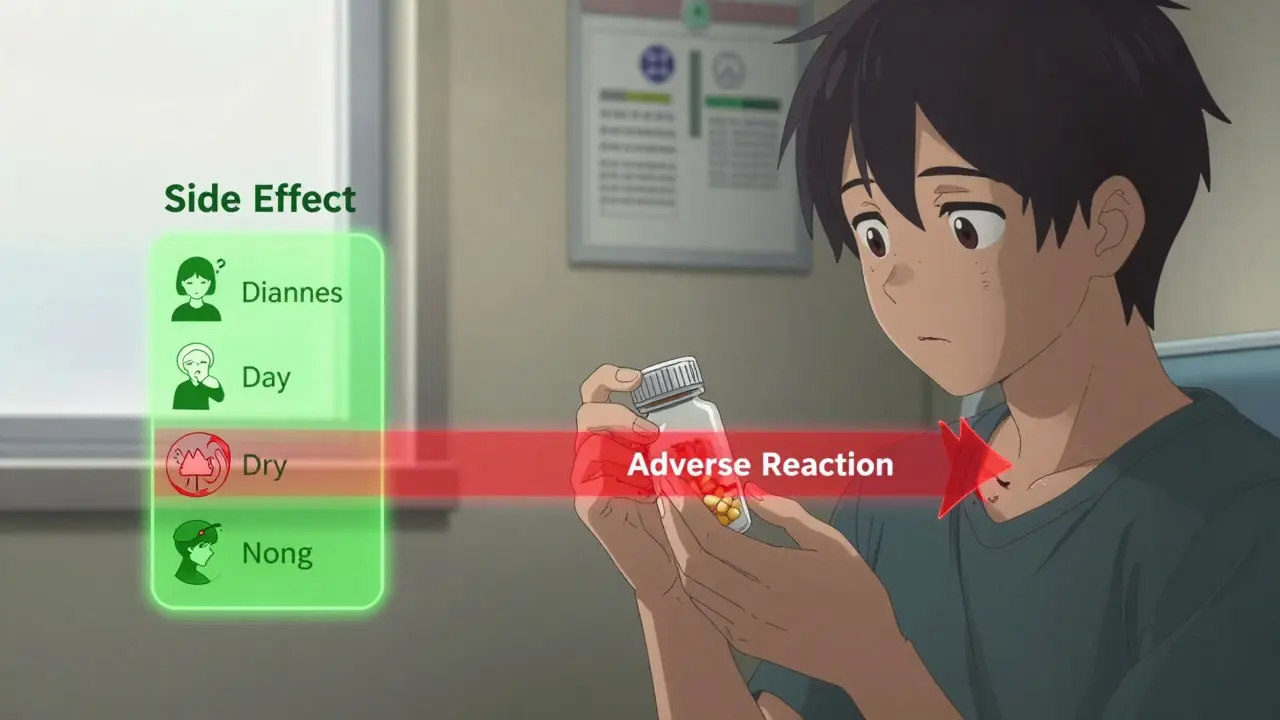Adverse Events: What They Are, Why They Matter, and How to Report Them
When you take a medication, you expect it to help—not hurt. But sometimes, even safe drugs cause unexpected reactions. These are called adverse events, unintended and harmful responses to medical treatment. Also known as side effects, they can range from mild nausea to life-threatening bleeding or organ damage. Adverse events aren’t rare—they happen every day, and many go unreported because people don’t know how or when to speak up.
These reactions don’t just come from new drugs. Even common ones like SSRIs, a class of antidepressants widely prescribed for depression and anxiety—when mixed with NSAIDs, over-the-counter pain relievers like ibuprofen or naproxen—can spike your risk of stomach bleeding by 75%. Or take Danshen, a popular herbal supplement used for heart health, which can dangerously interact with blood thinners like warfarin. These aren’t hypothetical risks. They’re documented, preventable, and often missed because patients assume side effects are normal.
Adverse events aren’t just about the drug itself—they’re shaped by how it’s used, who’s taking it, and what else they’re on. A missed period might seem unrelated to your thyroid supplement, but low estrogen from amenorrhea can change how your body processes meds. A headache after taking mefloquine? That’s not just stress—it could be a warning sign of neurological side effects. And if your prescription is handwritten, a single smudged letter could lead to the wrong dose, the wrong drug, or worse. That’s why reporting matters. It’s not just about your own safety. It’s about protecting others who might take the same pill next week.
What you’ll find here isn’t a list of scary stories. It’s a practical guide to spotting, understanding, and speaking up about what’s happening in your body. You’ll learn how to recognize overdose signs from sleep meds, how to tell if a reaction is serious or just annoying, and exactly how to talk to your doctor so they actually listen. These posts come from real cases—people who noticed something off, didn’t brush it off, and took action. That’s the difference between a side effect that fades and one that almost kills you.


